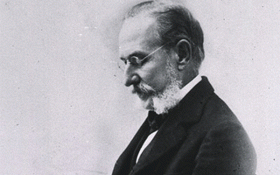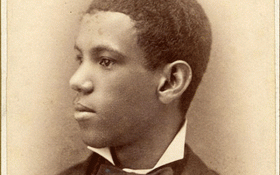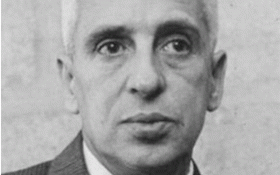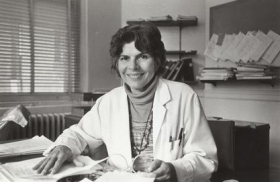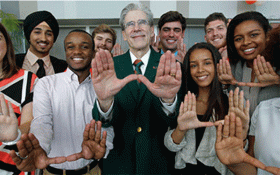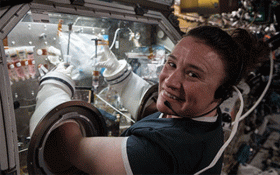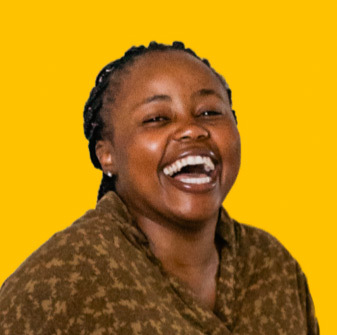Celebrating the Contributions of Hispanic Americans to the Medical Field
Hispanic Heritage Month recognizes the achievements and contributions of Hispanic American champions who have inspired others to achieve success. At Chase Brexton, we honor Hispanic Americans' contributions to the field of medicine, including the individuals highlighted below. For a wider view of all the ways Hispanic Americans have positively influenced and enriched our nation and society, visit www.hispanicheritagemonth.gov.

